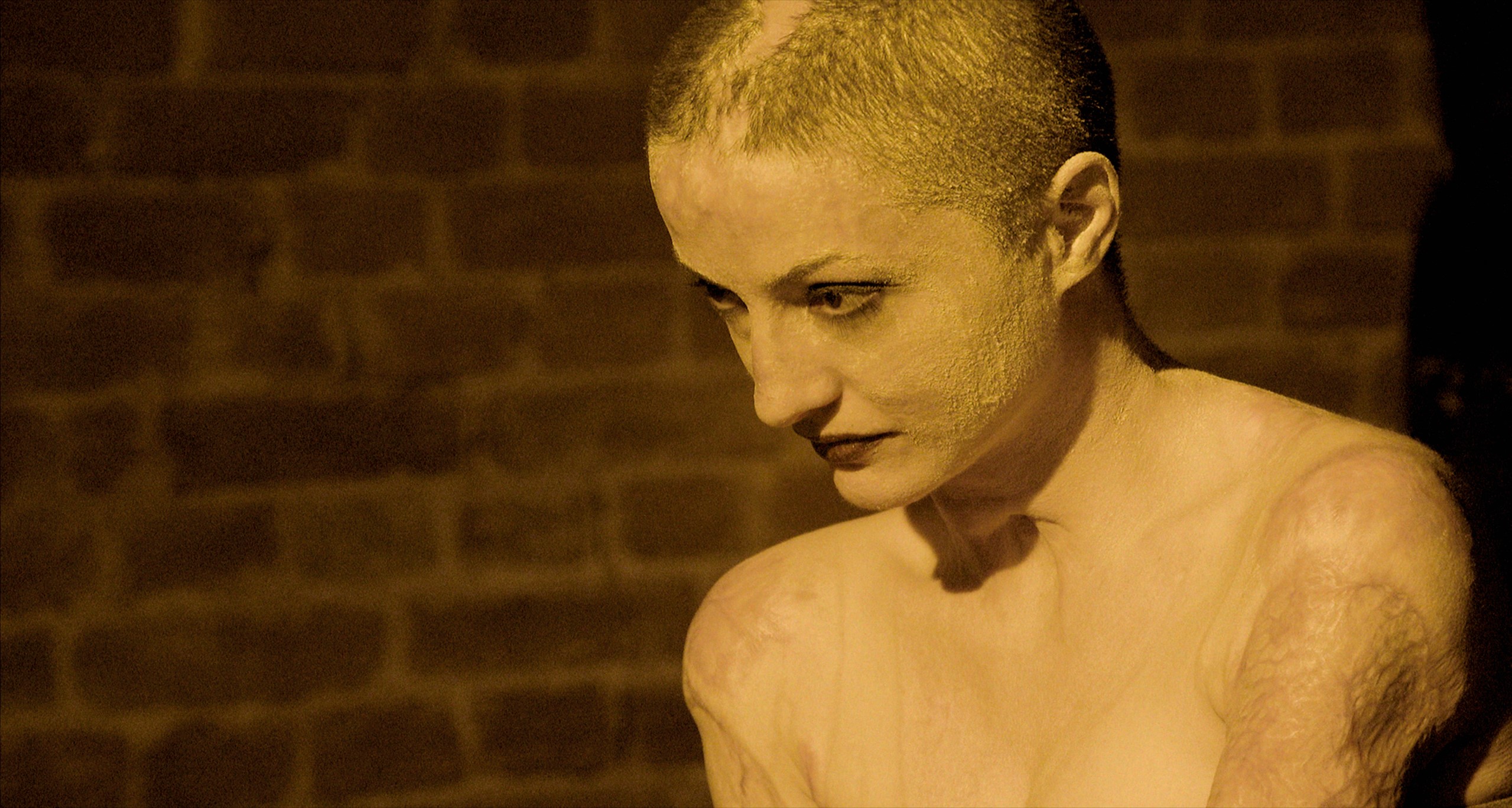Film Criticism Workshop
Cahul, September 2021
“Collective”, review by Olga Gnatkova
Director: Alexander Nanau
Producers: Alexander Nanau, Bernard Michaux, Hanka Kastelicová, Bianca Oana
Country: Romania
In 2015 Bucharest faced a tragedy like never before in its modern times. In the fire in the Colectiv club 27 young people died. Another 37 of them died weeks later in the local hospitals. The whole nation was struck with grief. But also – with a whole lot of terrible discoveries.
The Oscar nominee doc “Collective” starts as you would expect it would. Relatives of the victims with words stuck in their guts and tears in their eyes. Furious journalists. Harsh questions to the authorities. Poker-faced ministers. “We’ve got it all under control”.
But it appears that Romanian authorities of the time hadn’t that kind of control. Thanks to the whistle-blower from medical staff reporters of a local Sports newspaper found out that the later deaths in hospitals were not inevitable. Those 37 people hadn’t life-threatening burns. They died of hospital infections. The result of using of diluted disinfectants, which were filled 200-300 hospitals nationwide.
With striking intimacy and accuracy, filmmakers follow the journalists through their investigation. Disinfectants case led to several high-level resignations, arrests, and penal cases. Romania is burning with questions, protests, and… fear. How much don’t we know? And the only answer is – a lot. The survivors of the Colectiv fire are trying to collect their lives together. Meanwhile, reporters discover a series of frauds in the medical care system. It’s rotten from top to bottom.
As the events of the “Collective” evolve, it changes its tone. From a detective-like story about tragedy and journalistic investigation to a high-scale drama about a man against the system. The new healthcare minister is appointed. An NGO-ist. An outsider. He does something unprecedented for Romanian “big guys” – he lets filmmakers follow him closely during his struggle. And it’s a tough one. It appears that one man of good will isn’t enough for a change. The medical staff is against him. Same – politicians with huge media resources. The legislation ties his hands. He tries to change the climate of the system. But at the end of the day, his opponents still win at the elections.
“Collective” gets the spectator with a simply chronological, but powerful narrative and exceptional for this circumstances camerawork. It’s a very specific and at the same time – universal story.
In Eastern Europe, the word “corruption” has lost its weight. It’s a part of political statements, foreign partners’ speeches, activists’ brochures. But it seems sometimes that it’s not about real life. “Collective” brings its real value and meaning back. It shows how corruption fuels tragedies. How it literally kills. How Romania suffered from it long before the Fire and will suffer more.
Another point from the authors of the film: one man isn’t enough to save the collective. Without common efforts, we are all stuck. It is the story of any country, in any part of the world, where authorities and their real intentions slip from the public eye.
So, as it goes in the final song (favorite song of one of the victims) – “heroes don’t look like they used to,
they look like you do”. So be it?

